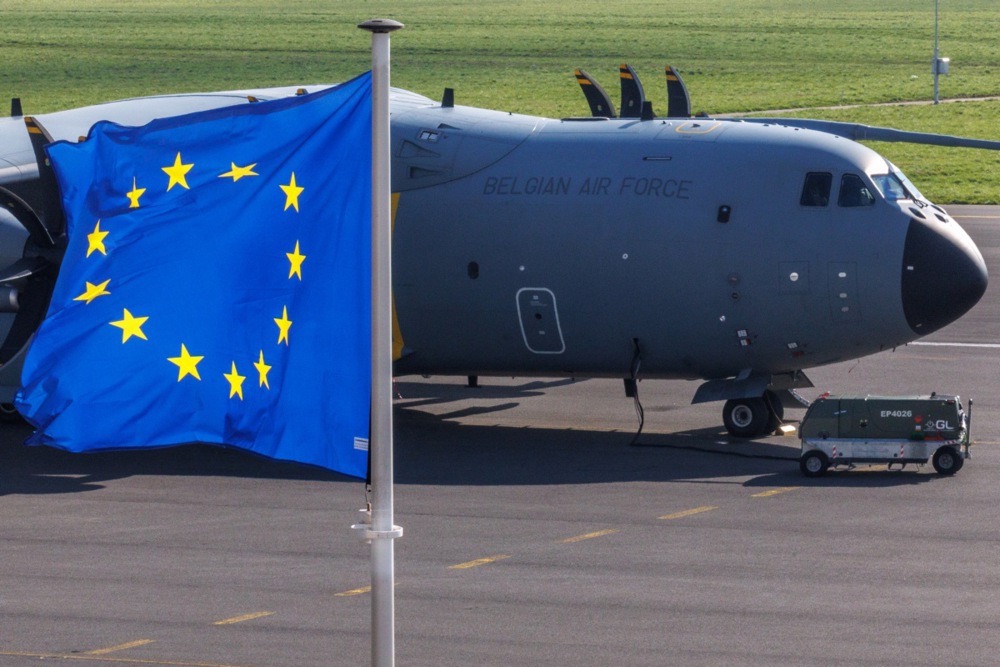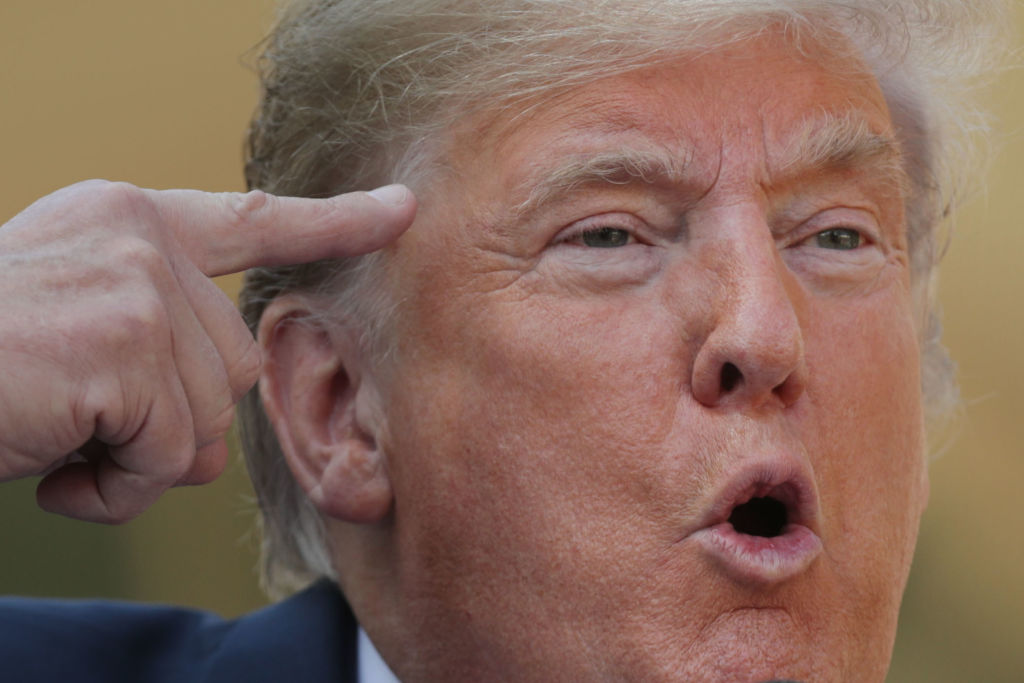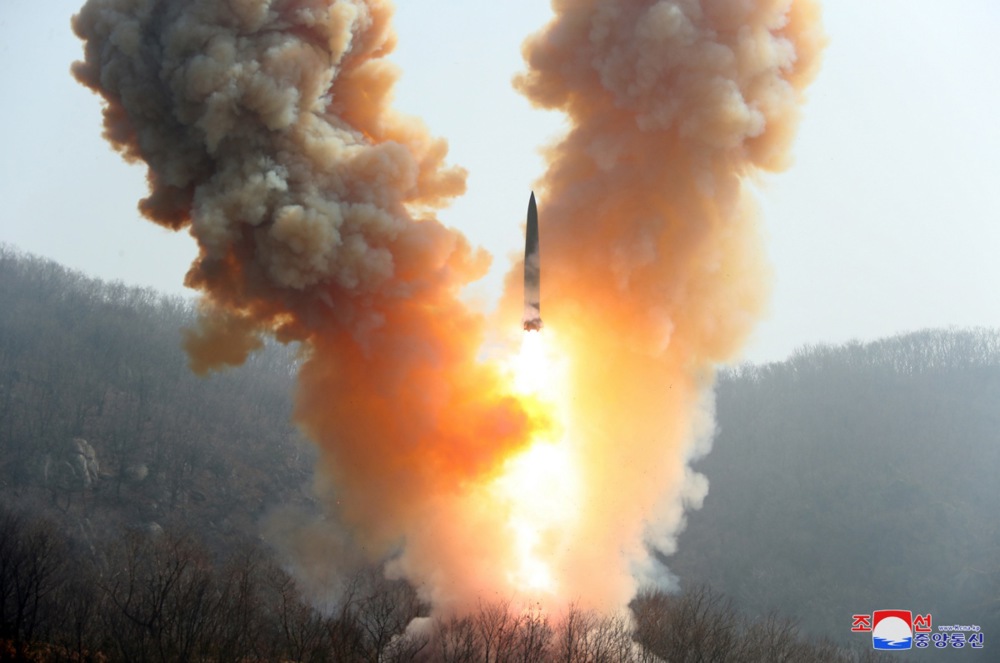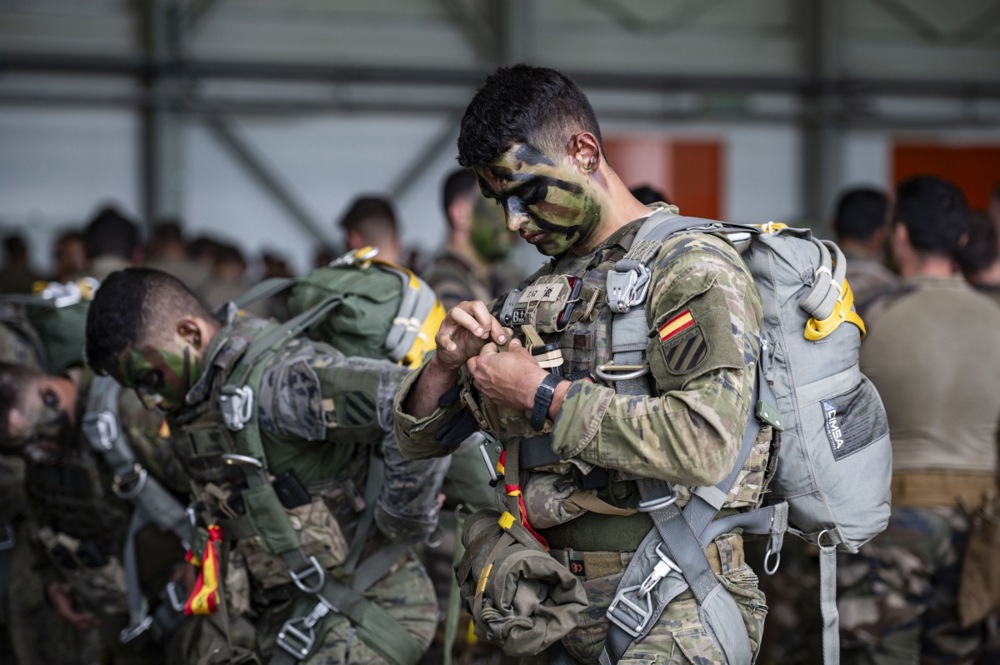Ukraine owes its continued existence to the United States, NATO’s new Secretary General Mark Rutte has claimed.
Speaking at his first press conference in the role, the former prime minister of the Netherlands focused mainly on the role of the West in helping Ukraine, emphasising that such support has been important in maintaining Kyiv’s sovereignty over the country.
In his first speech as NATO chief, Rutte said he had been “surprised” by what Kyiv has been doing militarily but avoided explicitly stating whether he felt it was winning the war with Russia, or if Ukraine would join the alliance.
He instead talked about “significant progress” in general terms and emphasised that Russia was “losing 1,000 fighters daily … dead and wounded.”
He in particular praised the United States, which he credited as having played a key role in defending the country since Russia’s renewed invasion in 2022.
“Ukraine would not exist as a country without the help of the United States,” Rutte stated.
Regarding military support for Ukraine, he said he was “optimistic” because “if [Russian president Vladimir] Putin gets what he wants, our defence will be severely compromised as he would gain at least a quarter of the current population.”

The upcoming US elections loomed large over the press conference. “I have spoken with both presidential candidates, and I am convinced that they both understand NATO’s common goal,” Rutte said.
To achieve the alliance’s objectives, he said he recognised the importance of “updating some protocols” and structures. “No one wants parallel structures,” he stated.
“It is important that the European Union implements all the policies that NATO decides.”
He added that “the military industry is a priority,” and admitted: “There is no defence without a strong industry, I am very clear about that.”
That came in light of the widespread belief that Russia will dedicate nearly 40 per cent of its GDP to military production, and today manufactures about three times more ammunition and weapons than all NATO members combined.
When asked by journalists about a possible nuclear escalation, Rutte said: “We don’t see any direct threat of the use of nuclear weapons, it’s more of a strategy by Russia to get us to talk about it.”
Another topic was China and its possible rise to become a bona fide superpower.
“Co-operation with our Asia-Pacific partners is essential. Russia has support from North Korea, Iran, and China, and in return, Moscow provides support and missile technology, as well as nuclear development,” Rutte said.
“I know this is a concern for our partners and we cannot ignore it,” he concluded.
Rutte was officially installed in the role on October 1, replacing Norwegian politician Jens Stoltenberg who held the post for 10 years — having been granted two extensions to his term due to international instability and the lack of a successor.
Rutte gained his new position after having resigned as prime minister of the Netherlands over controversy surrounding migration, with his decision pulling down the government and sparking general elections.
His installation as head of NATO was in large part due to the absence of rivals, although in recent months a possible contender had been under consideration in the firm of Kaja Kallas, the former prime minister of Estonia.
Kallas has instead been chosen to succeed Josep Borrell as the High Representative for Foreign Affairs of the European Union.
NATO is considering pulling its technology and cyber hub out of Brussels due to Belgium falling consistently short of fulfilling its financial pledges to the organisation. https://t.co/xJZ12tuBjP
— Brussels Signal (@brusselssignal) August 15, 2024





